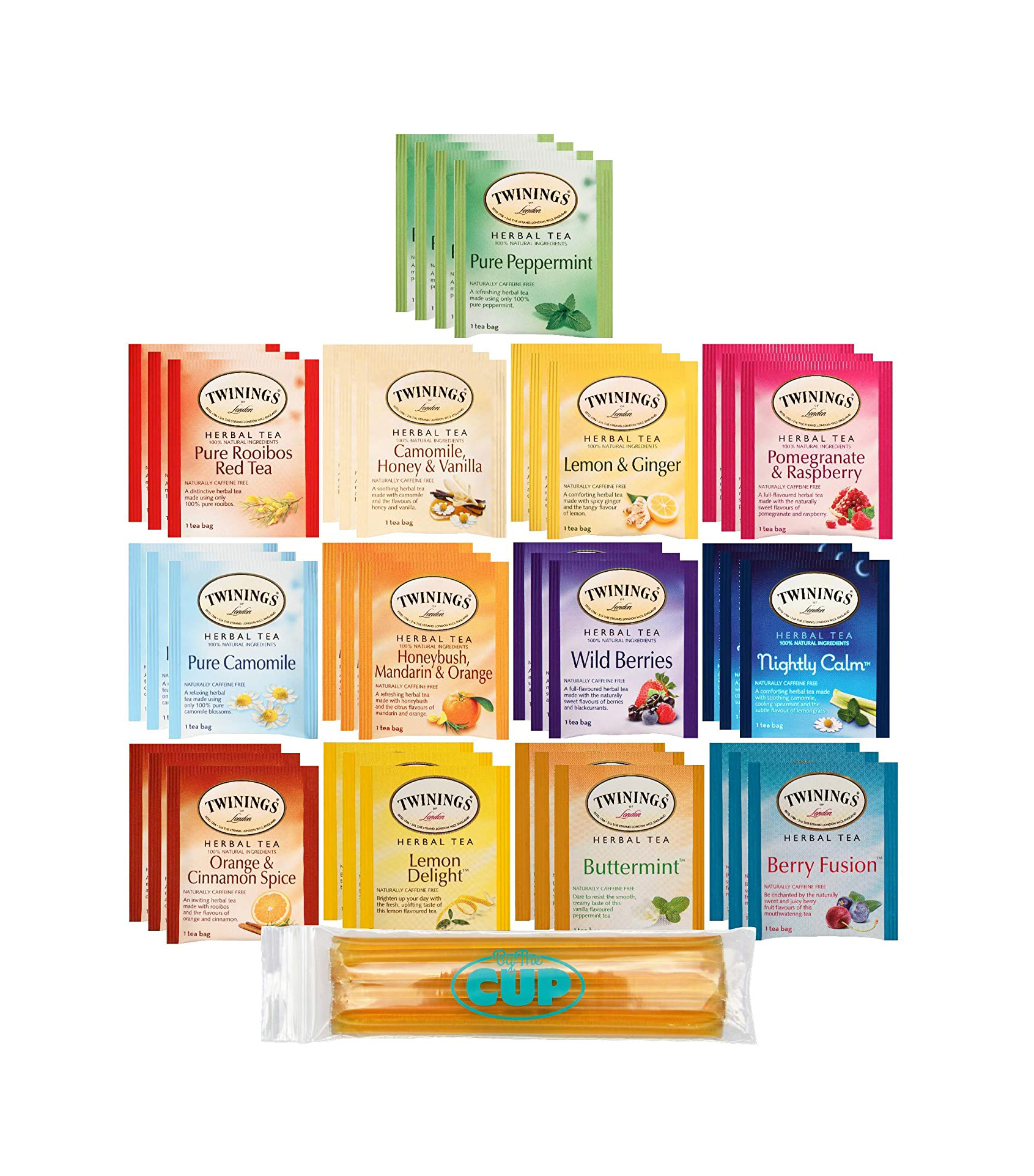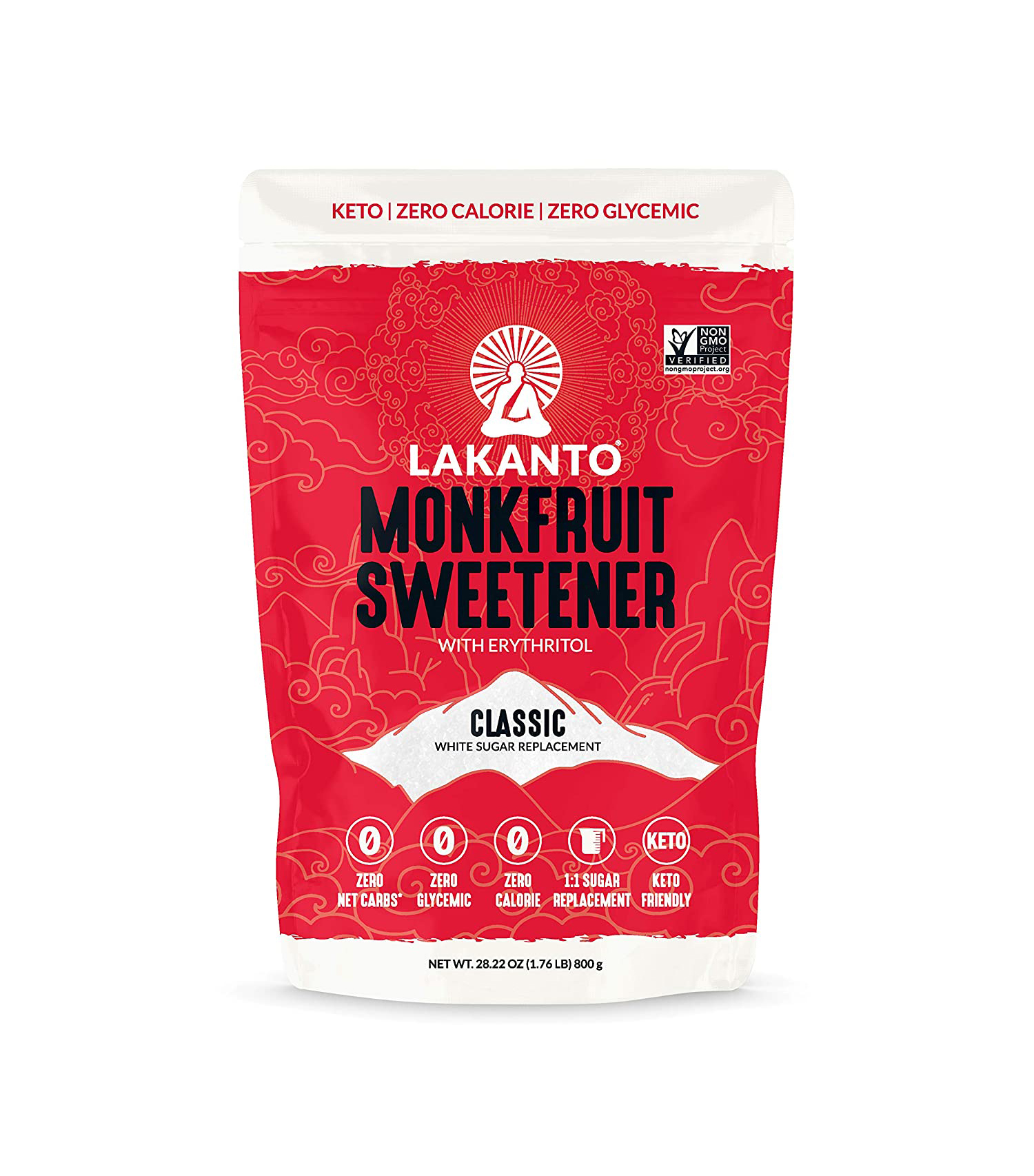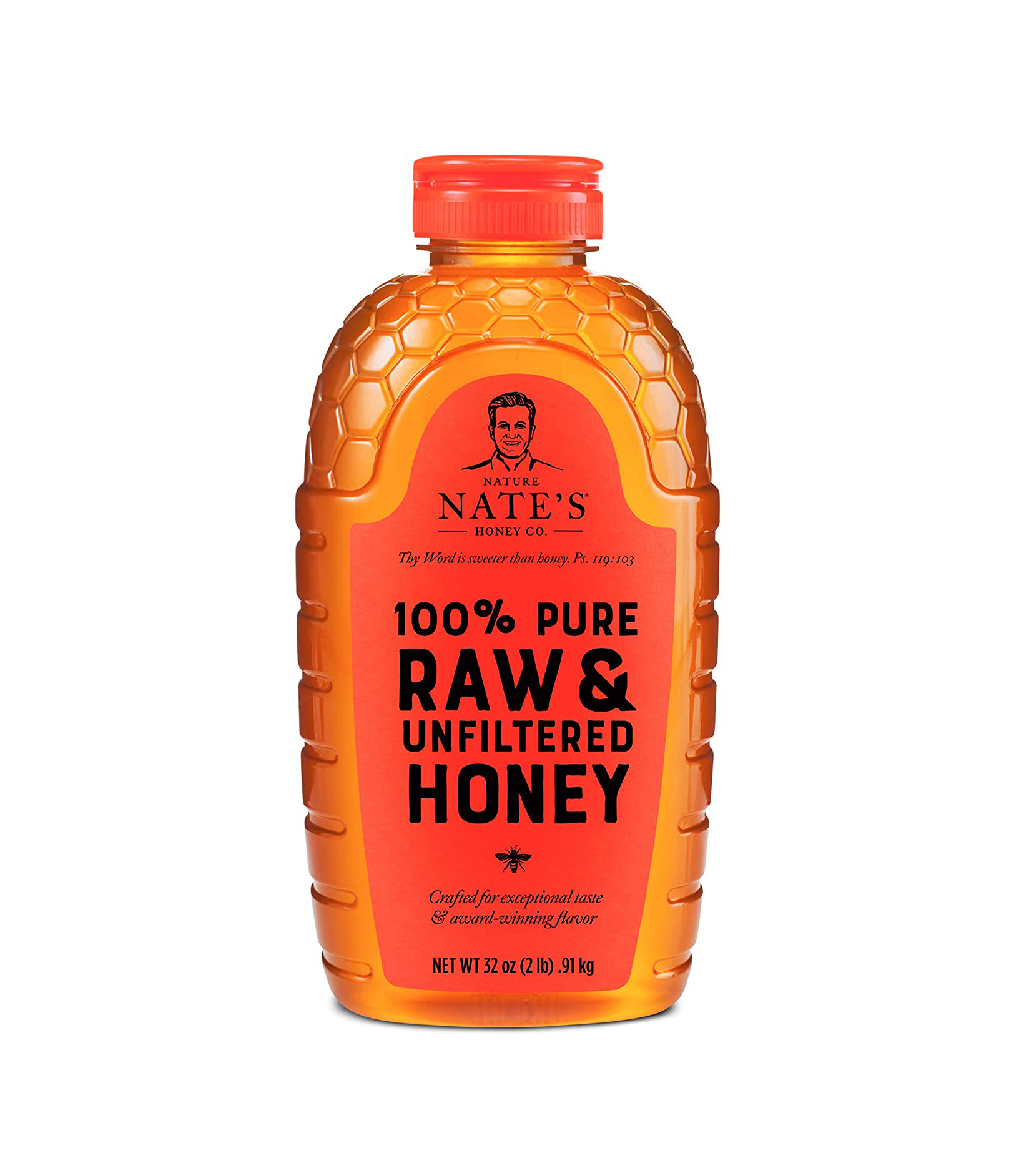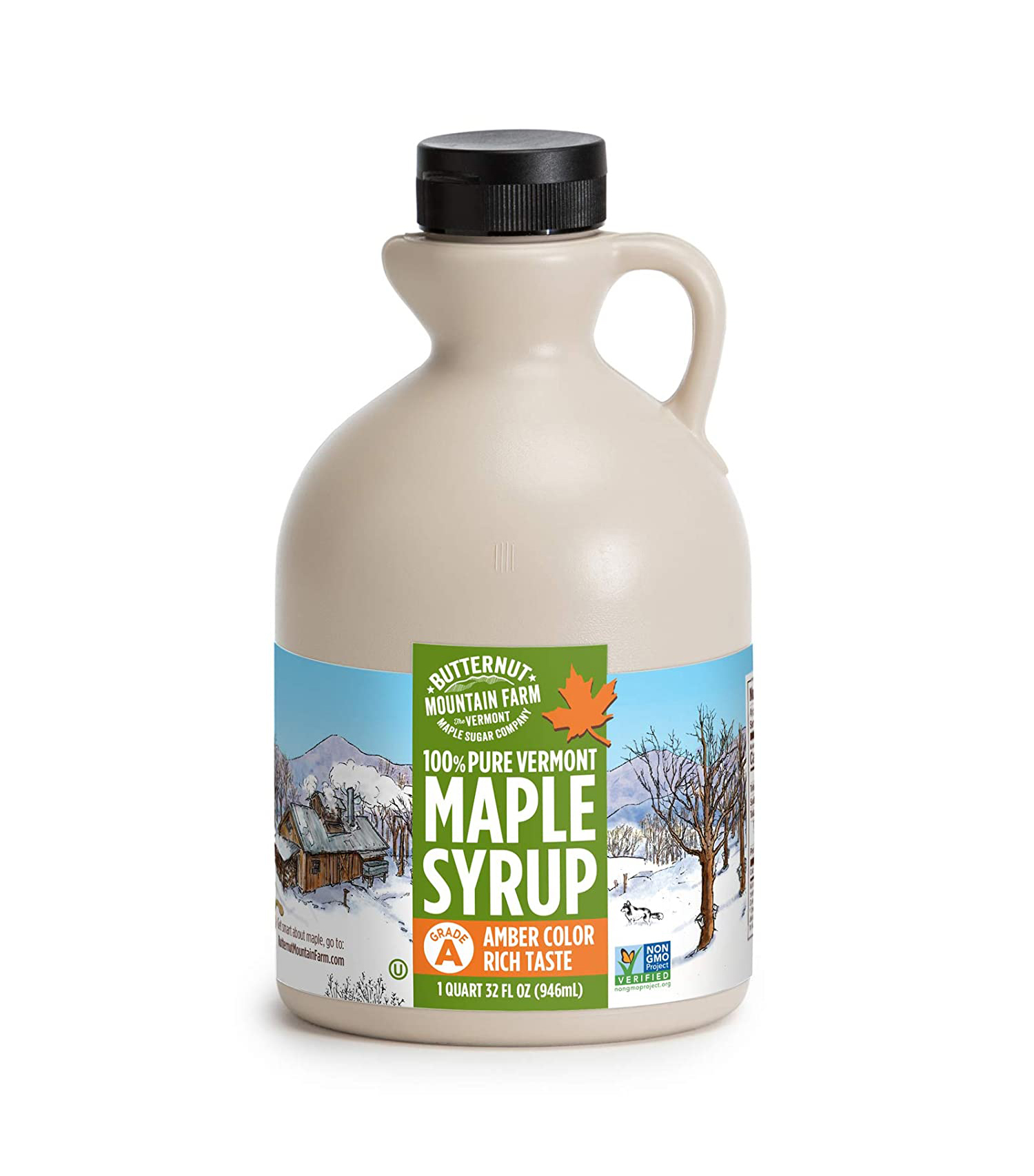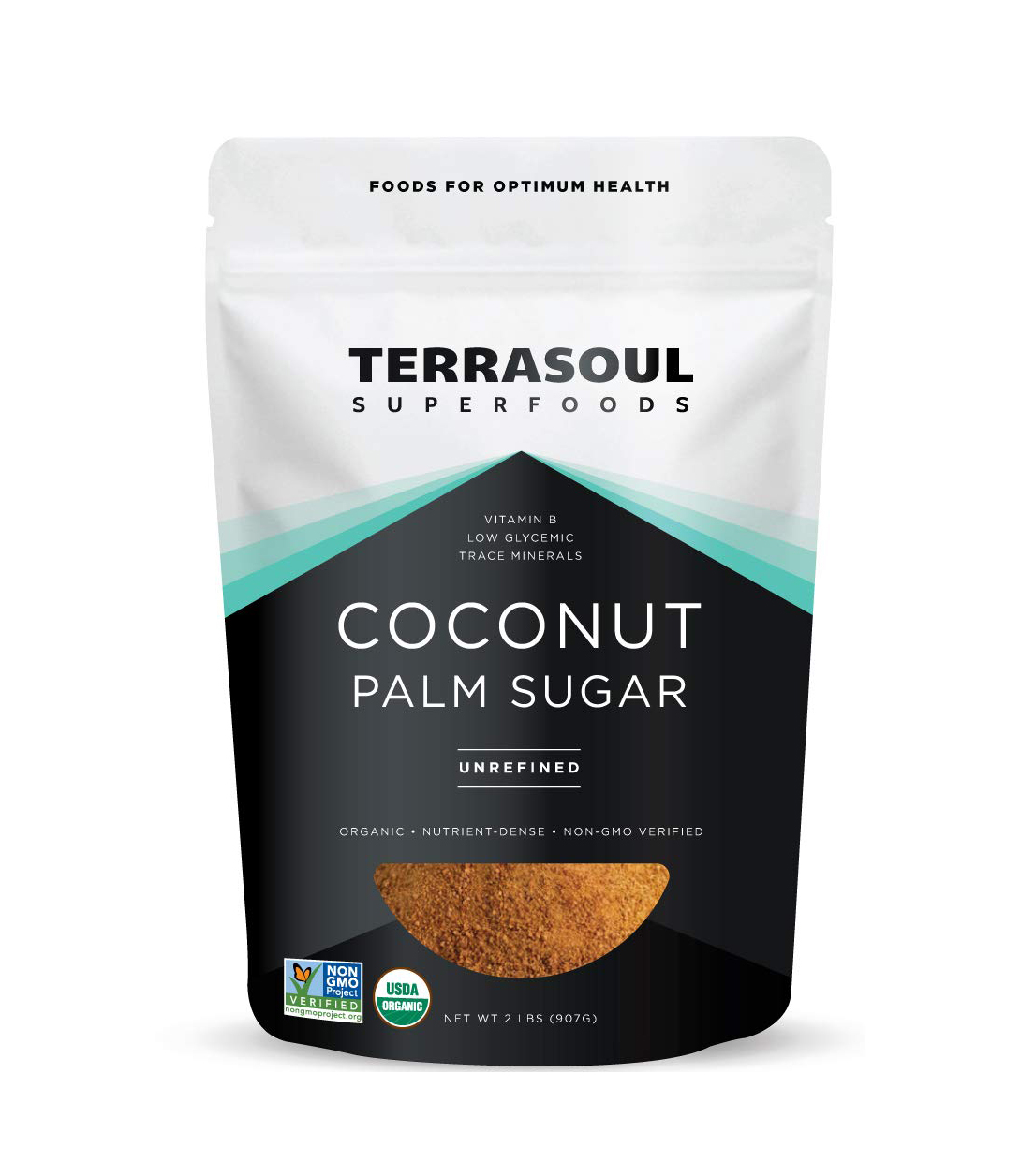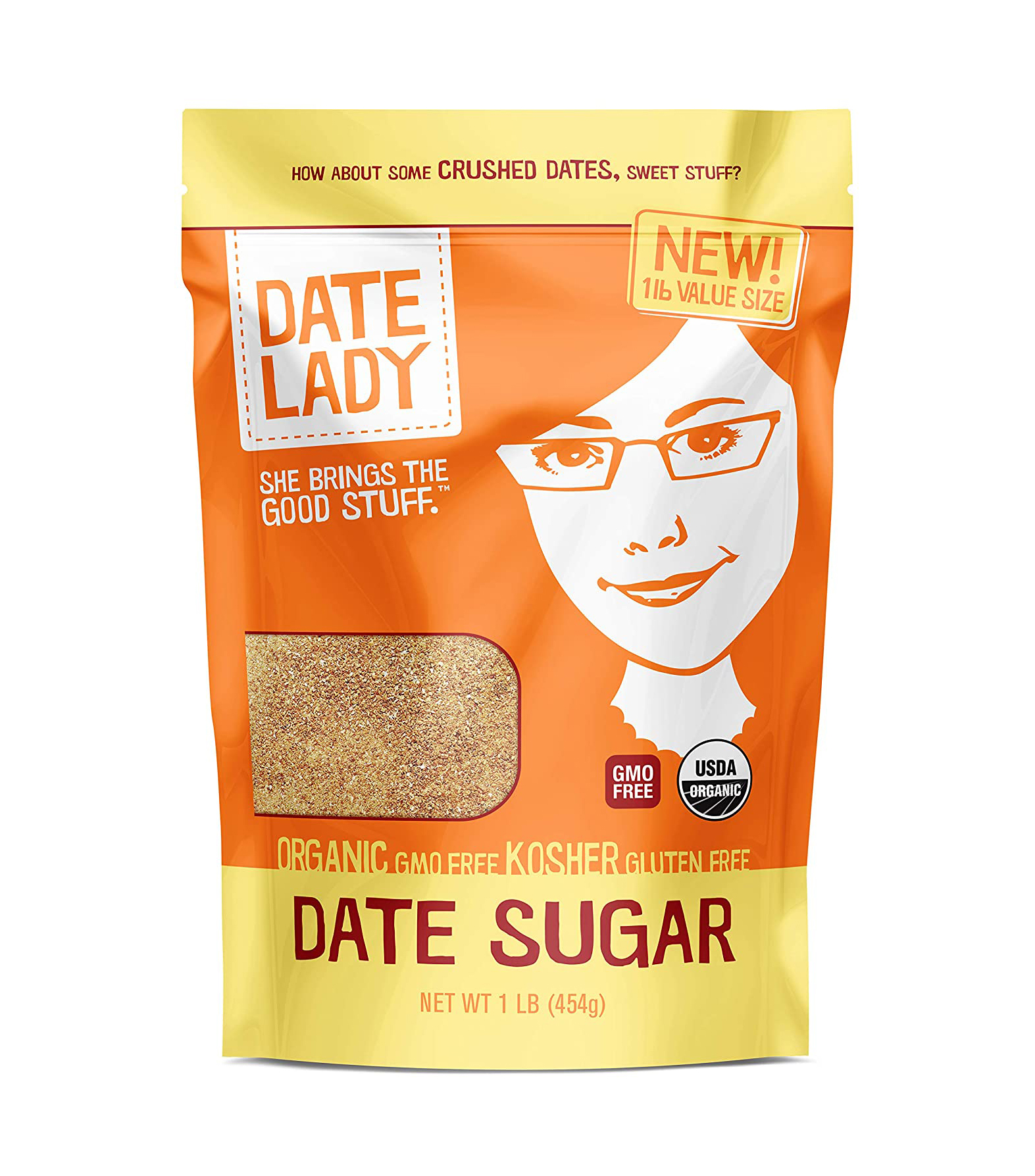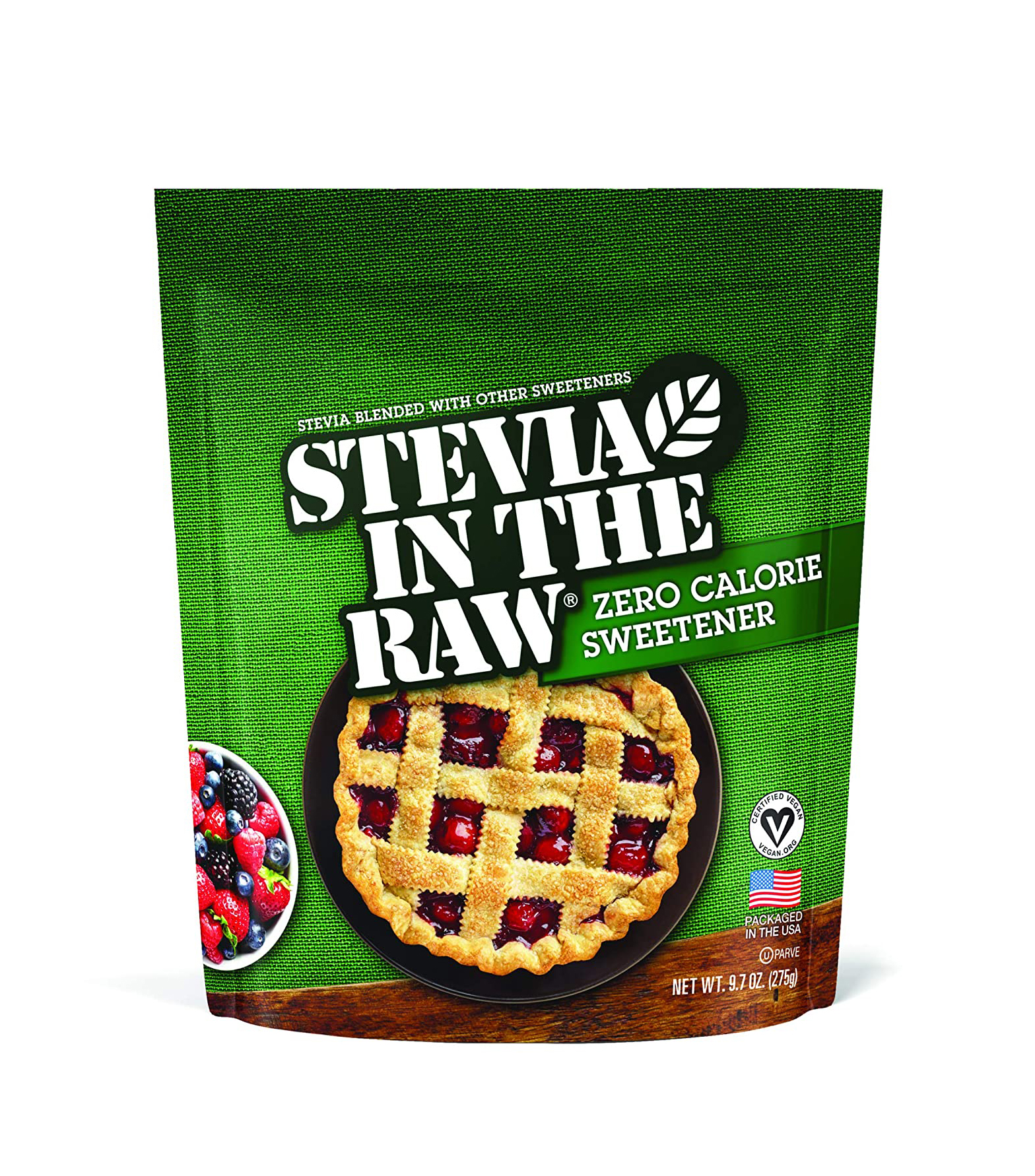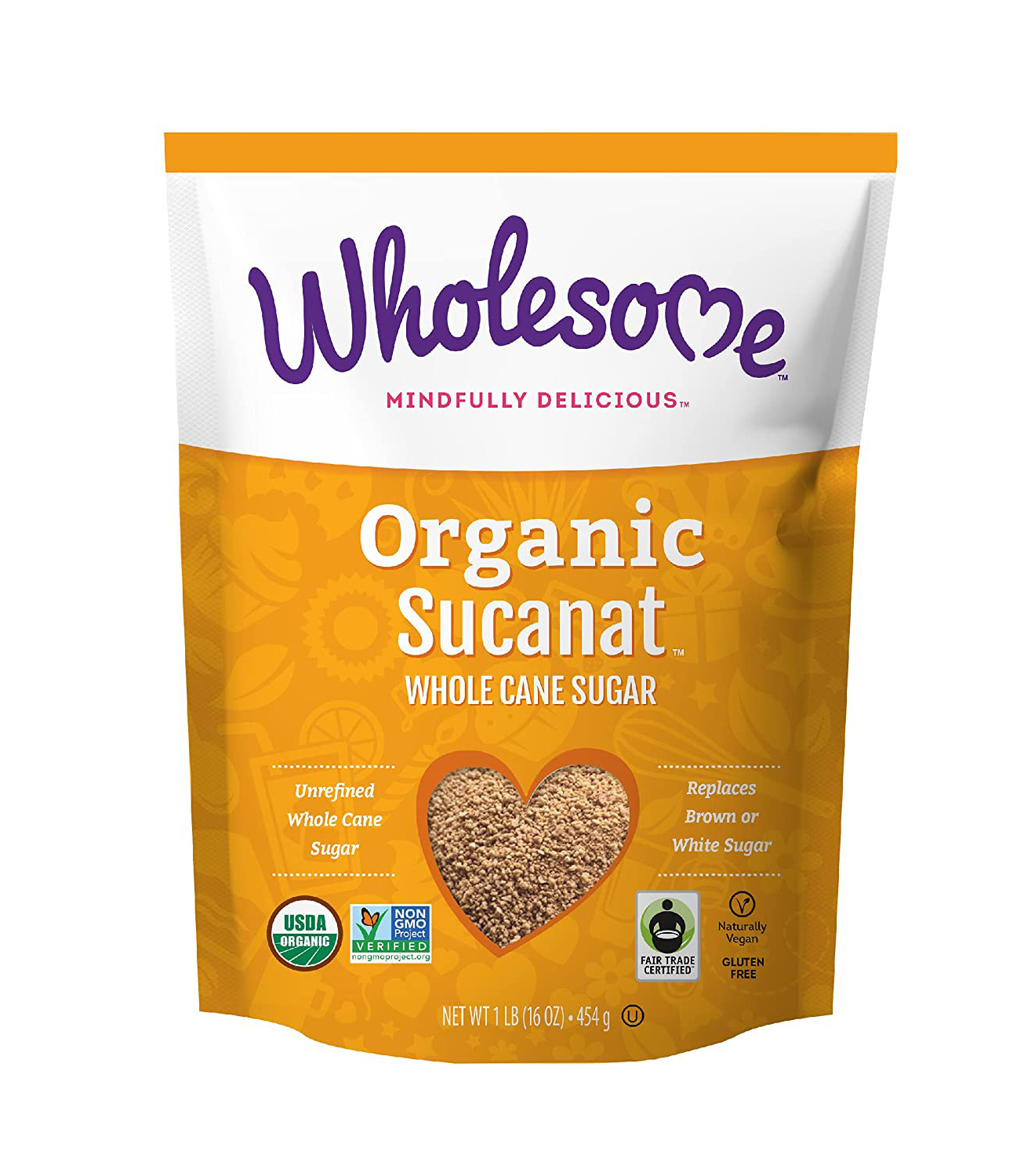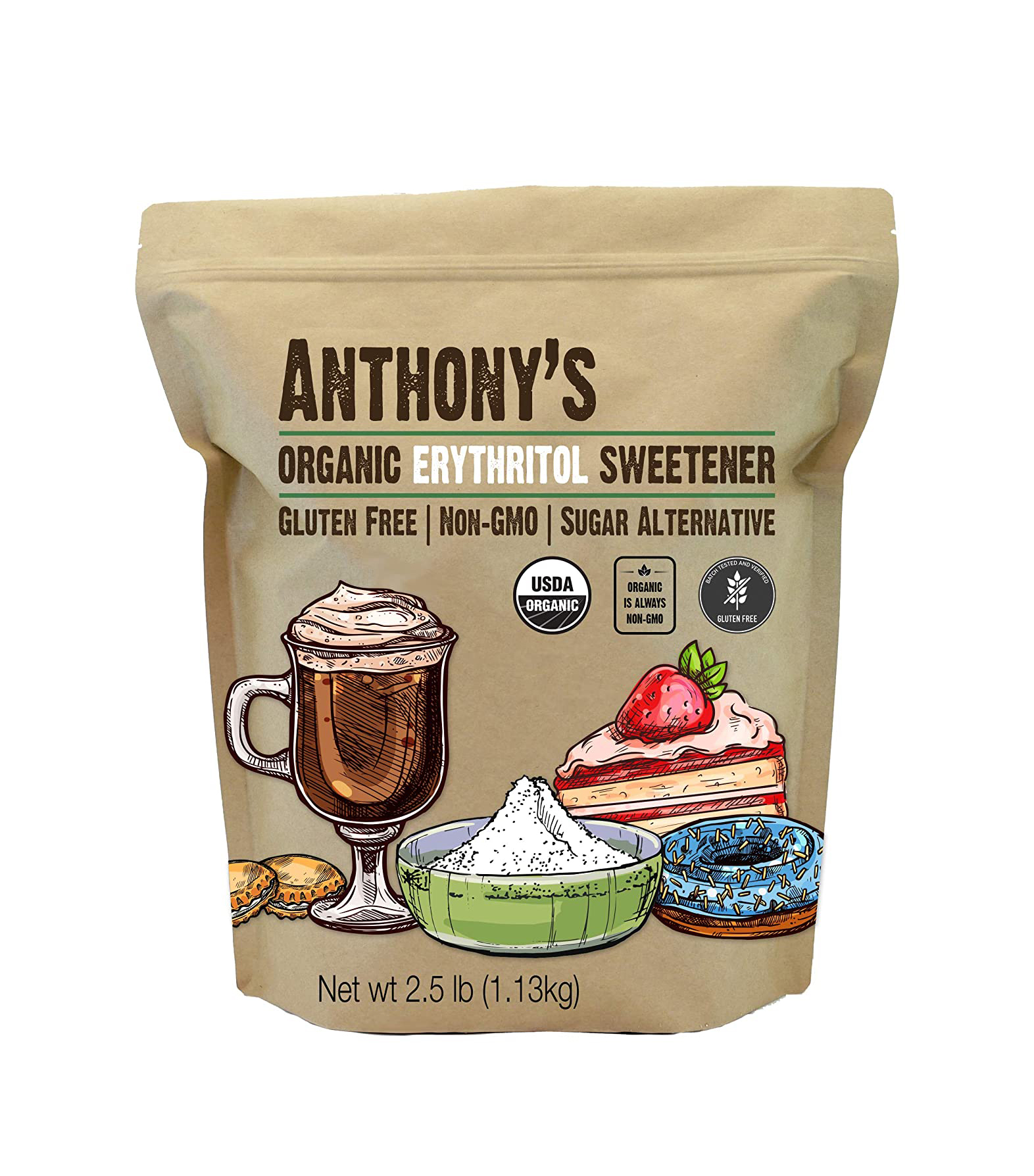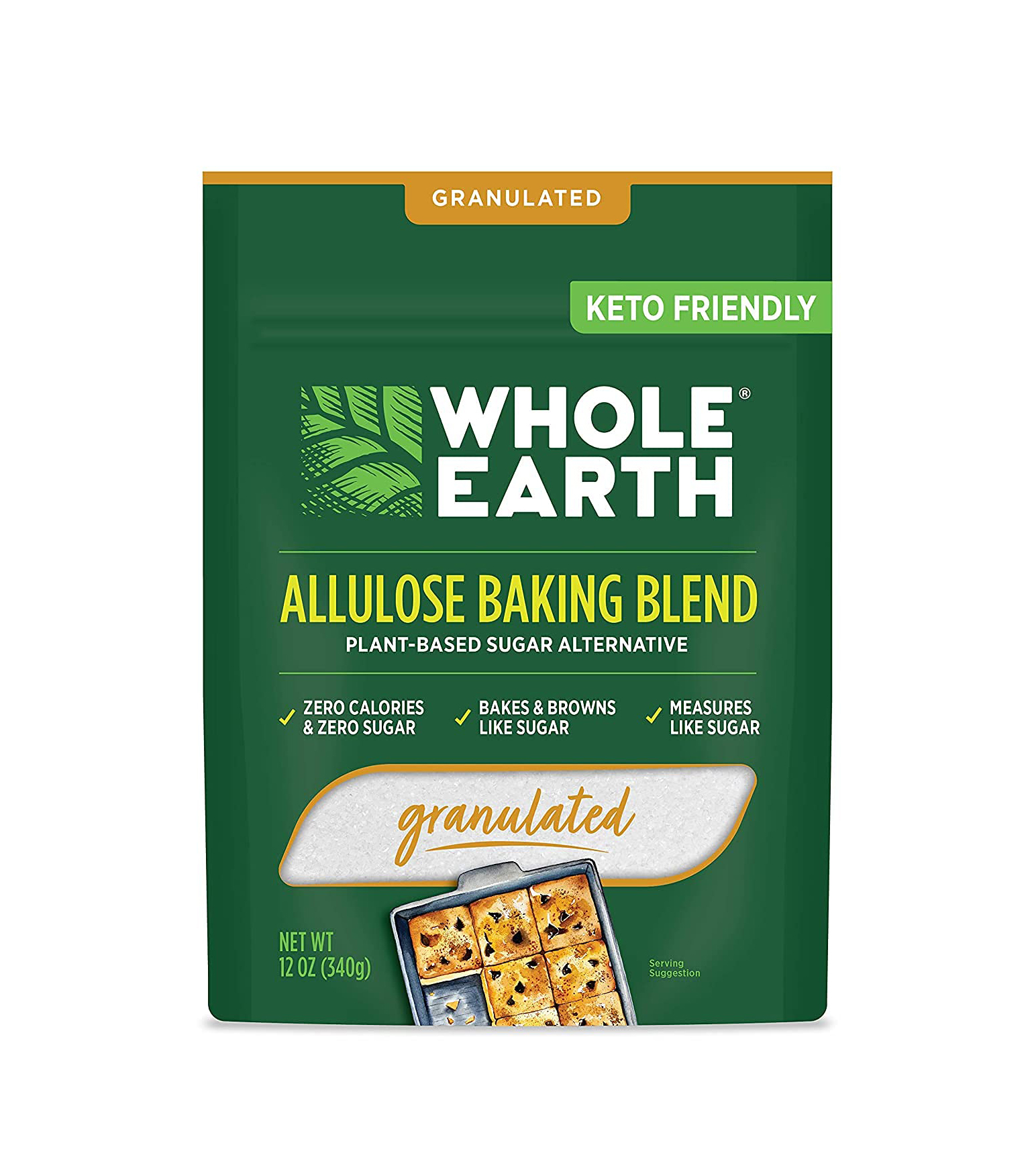8 Ways to Cut Down on Sugar (and Not Be Cranky About It)
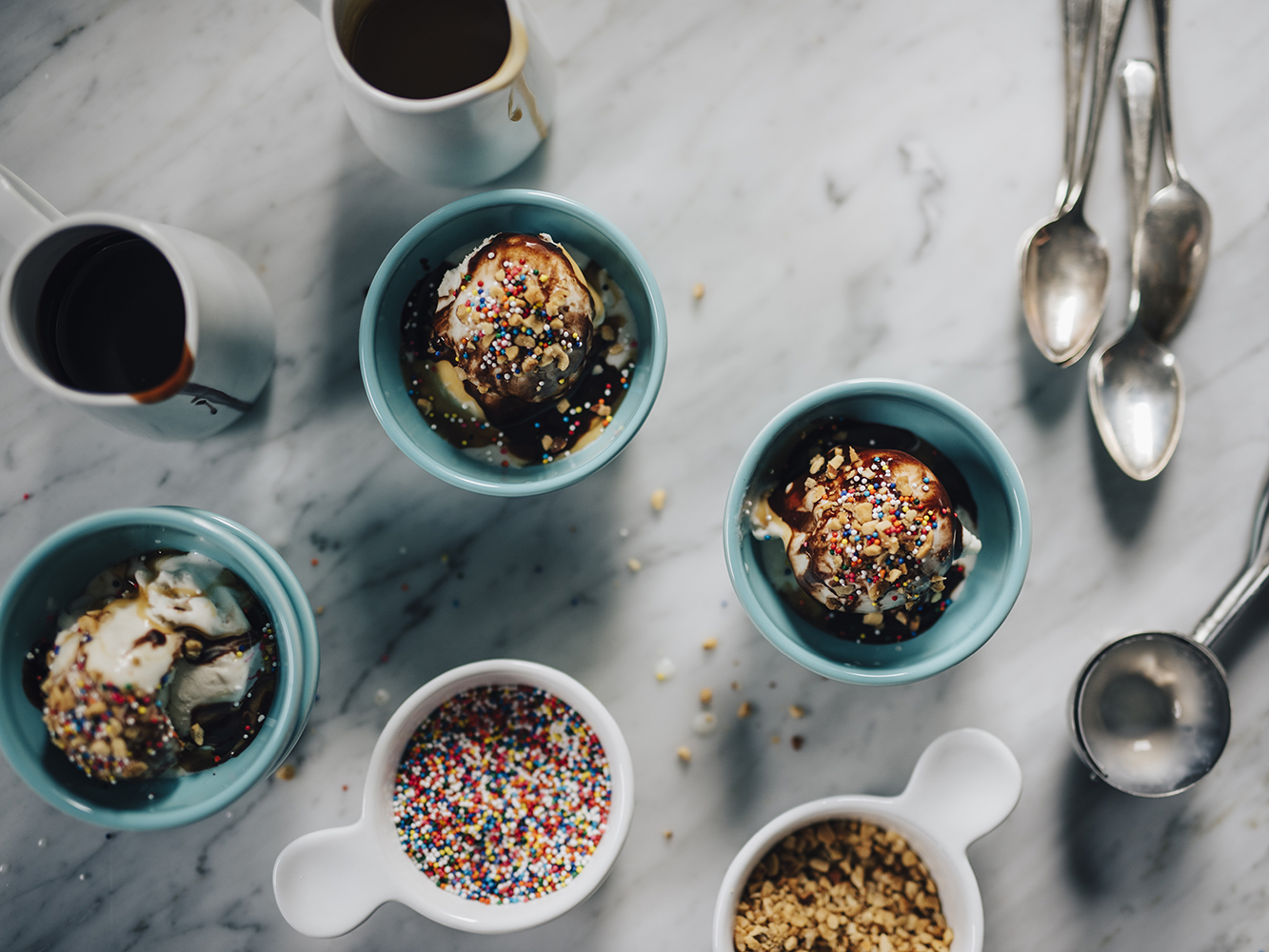
When you've got a sweet tooth, you know how hard it is to not give in to those cravings too much. I think we've all been warned about the dangers of added sugars and how it's so bad for you. Frankly, it sounds all doom and gloom sometimes. But, like many things in life, it's all about balance, so how can you know if your sugar consumption habits are within reason, so to speak? And what are some healthy sugar substitutes to add to our pantries?
"Generally, it's important to understand the difference between naturally occurring sugars and added sugars," explains registered dietitian nutritionist, Maya Feller, MS, RD, CDN. "All plant foods contain carbohydrates that break down in varying degrees to sugar within the body—these are the naturally occurring sugars. Added sugars are added to products. The dietary guidelines for Americans recommend that no more than 10% of daily energy intake should come from added sugar. And the World Health Organization further recommends that all people reduce their added sugar intake to less than 10% of total energy intake."

And it's important to know that the concept of sugar shouldn't be too scary or feared. "In some ways, sugar is very misunderstood," says Tina Ralutz, MS, RDN, CDN, a health coach at Parsley Health. "It can be part of a healthy diet along with adequate intake of foods that contain protein, fiber, nutrients, and water. When our body has the nutrients it needs to function at its best, it is less likely to experience cravings, especially for sugar. When that is the case, sugar can be fully enjoyed as a treat instead of a cheat."
But, of course, moderation is key. Vanessa Rissetto, MS, RD, a registered dietitian nutritionist and co-founder of Culina Health, explains that in large quantities, sugar can negatively impact health. "However, in the grand scheme of things, adding a teaspoon to your morning coffee is unlikely to derail an otherwise healthy diet," she says. "The important takeaway when it comes to sugar intake is choosing natural sources found in whole foods and limiting your intake of processed foods and beverages."

In short, I think we can say added sugars equals "bad." Tamar Samuels, MS, RDN, NBC-HWC, a registered dietitian, national board-certified health and wellness coach, and co-founder of Culina Health, says that examples of refined, added sugars are table sugar, cane juice, corn syrup, and high fructose corn syrup. "Refined sugars are considered energy-dense foods, meaning they have little to no nutrients (except for carbohydrates) and are higher in calories," she explains. "Excess consumption of added and refined sugar has been associated with an increased risk of obesity, diabetes, heart disease, fatty liver disease, and inflammation."
The bad news is that it's actually kind of easy to go overboard with these added sugars because they are stealthily added to products to increase their palatability, Ralutz says. The "added sugars" on nutrition labels are likely to spike your blood sugar levels and add calories without giving much in the nutrition department. "Because of this, it's easy to surpass the recommended limit of 25 grams of sugar per day for women and 36 grams of sugar per day for men," she says.
How to Reduce Your Sugar Intake

So, what can you do to ensure that you're not getting too much sugar? The experts outlined some tips below.
1. Swap table sugar for alternatives: Vanessa Clermont, RD, an Integrative Nutrition Health Coach recommends trying other substitutes that contain additional vitamins and minerals (you can see a list of some in the next section).
2. Cut down on soda and sugar-sweetened beverages: "For the amount of calories your body gets from sugary drinks, it doesn't feel as full as it would if those calories were from food," explains Ralutz. "This confusion of hunger and satiety signals can lead to overeating. Opt for herbal teas or sparkling water with fruit in it."
3. Take note of your intake: Rissetto recommends gradually reducing sugar intake by first observing how much sugar you are currently consuming. Then you can work on gradually decreasing your intake daily or weekly.
4. Ask yourself questions: It's also a great opportunity to look inward and think about your relationship with sugar. Ralutz says an all-or-nothing mentality can put you at risk for disordered eating. "Try to examine the root cause behind any feelings of unease or lack of control with sugar," she suggests. "It could be an indicator of too much stress in your life, a mineral deficiency, or a sign that you’re not eating adequate protein among other things. It can be especially helpful to work with a nutrition professional to explore your food habits and work on developing a balanced relationship with sugar instead of eliminating it entirely."

5. Read food labels: You'll want to make this a regular part of your routine, not just to monitor sugar. Feller says that products like yogurt, certain sauces (like barbecue), and some bread and grain products can be surprisingly high in added sugars. "A misconception is that added sugars are the same as total sugars," she explains. "Many products have sugar found in them, such as the lactose that is found in dairy products. These kinds of sugars will be found in the total sugars section of the nutrition facts label and they are the sugars found naturally in food products. When we talk about reducing sugars, we are really saying to reduce added sugars."
Clermont adds that the higher sugar is on the ingredient list, the more sugar that food item has.
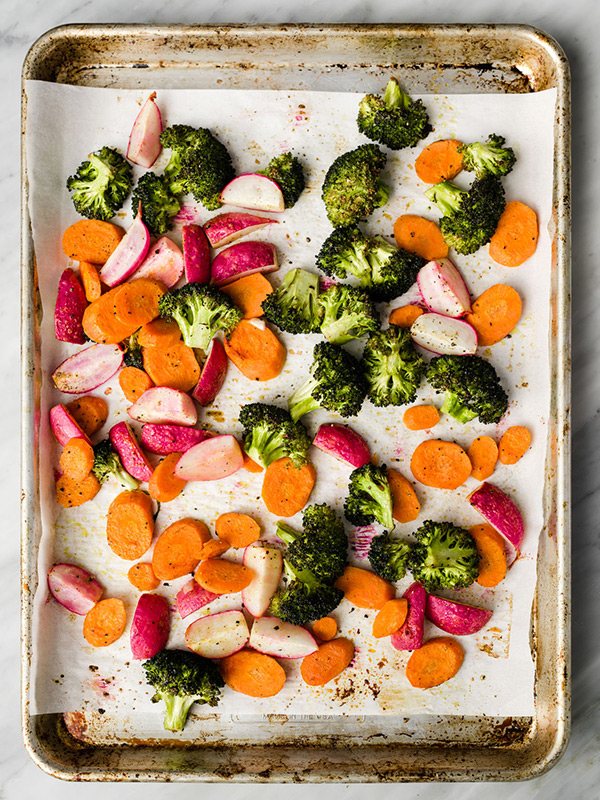
6. Eat whole foods: "These foods are in their purest form and unrefined. Such foods include fruit, vegetables, whole grains, and legumes," Clermont says.
7. Go cold-turkey: You can also try this route, which is a lot harder. "You can also do the cold turkey method, in which you completely eliminate sugar regardless of how much you are currently consuming, however, this may cause some withdrawal symptoms: fatigue, moodiness, lightheadedness, cravings," Samuels says. Ultimately, whether you do this or not depends on the individual and what is best for your own eating patterns and behaviors.

8. Don't feel too guilty: "When you do consume sugar, avoid eating it while feeling guilt, shame, or like you have to sneak it," Ralutz says. "These feelings can be strong enough to boost your stress hormone while you're eating, which can slow down digestion, potentially leading to abdominal discomfort like gas and bloating."
Sugar Substitutes to Try
To satiate your sweet tooth, you can swap in some natural and/or healthier sugar substitutes. But just because they're good alternatives, doesn't mean you can have free reign on them. Ralutz says eating any type of sugar in excess is associated with the potential for cardiovascular risks, blood sugar dysregulation, inflammation, and more.
And there can be side effects too. "They can come with unpleasant side effects such as digestive issues with sugar alcohols. Take care to use all sweetener products in appropriate portion sizes," Feller says.
1. Monk Fruit
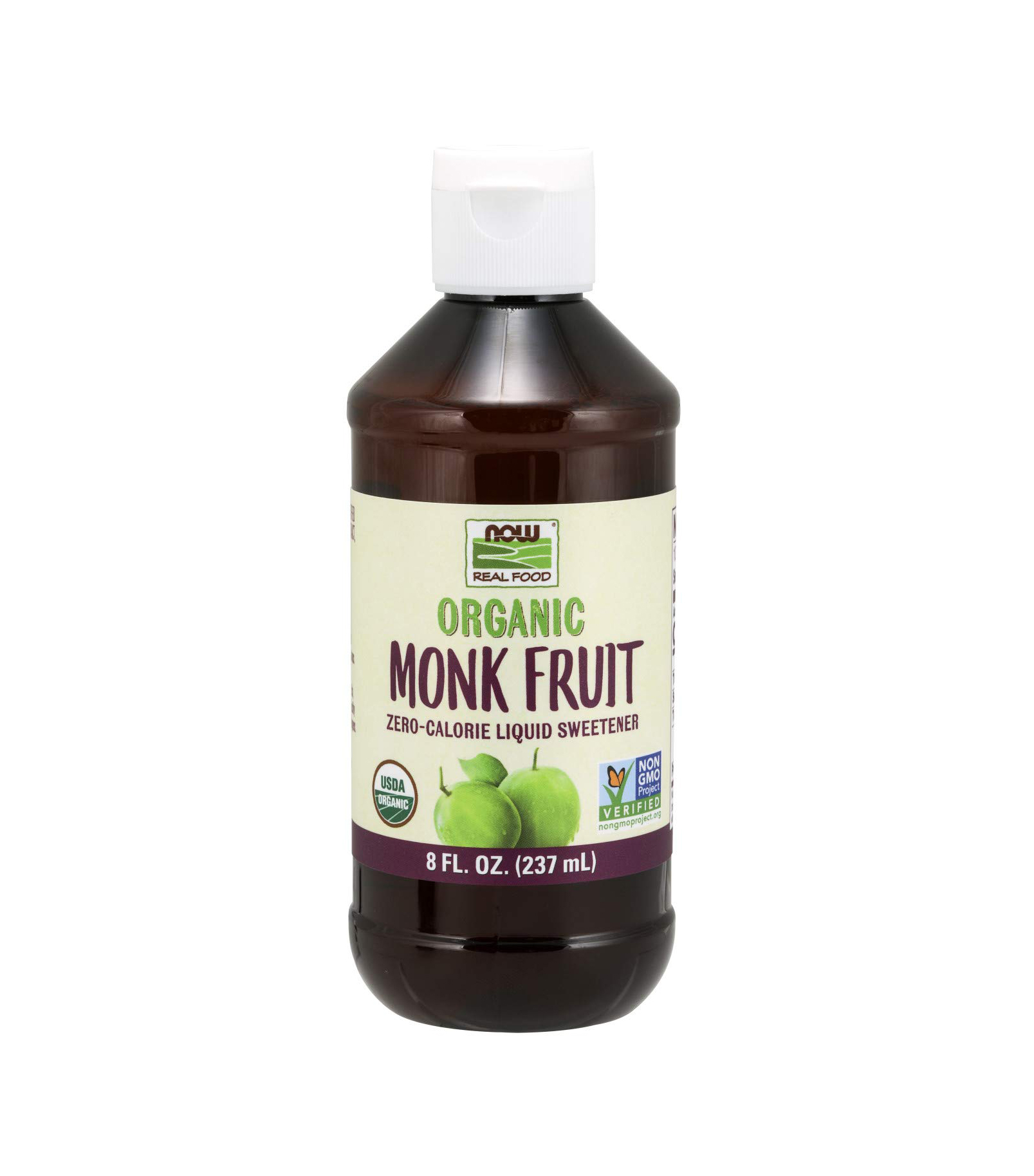
"Monk fruit is an Asian plant that contains sweet compounds called 'mogrosides,'" Rissetto explains. "Monk fruit is not fully digested or absorbed in the GI tract and therefore, has a very small caloric impact. While little research is available regarding the impact of monk fruit on appetite and weight management, monk fruit is believed to produce a smaller increase in blood glucose when compared with sugar. While monk fruit has been widely researched in animal populations, research on human subjects is limited."
2. Honey
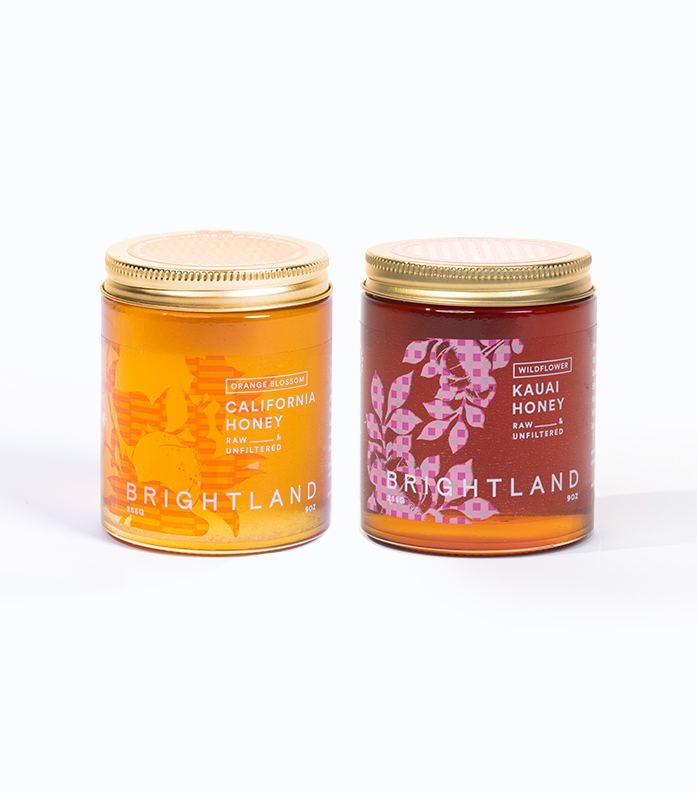
"Raw, unpasteurized honey can be protective of cholesterol, seasonal allergies, cough, sore throat, and more. Though helpful for the immune system, honey is still 76% sugar and in excess can impact blood sugar levels. It should not be given to children under the age of 1," Ralutz says.
3. Maple Syrup
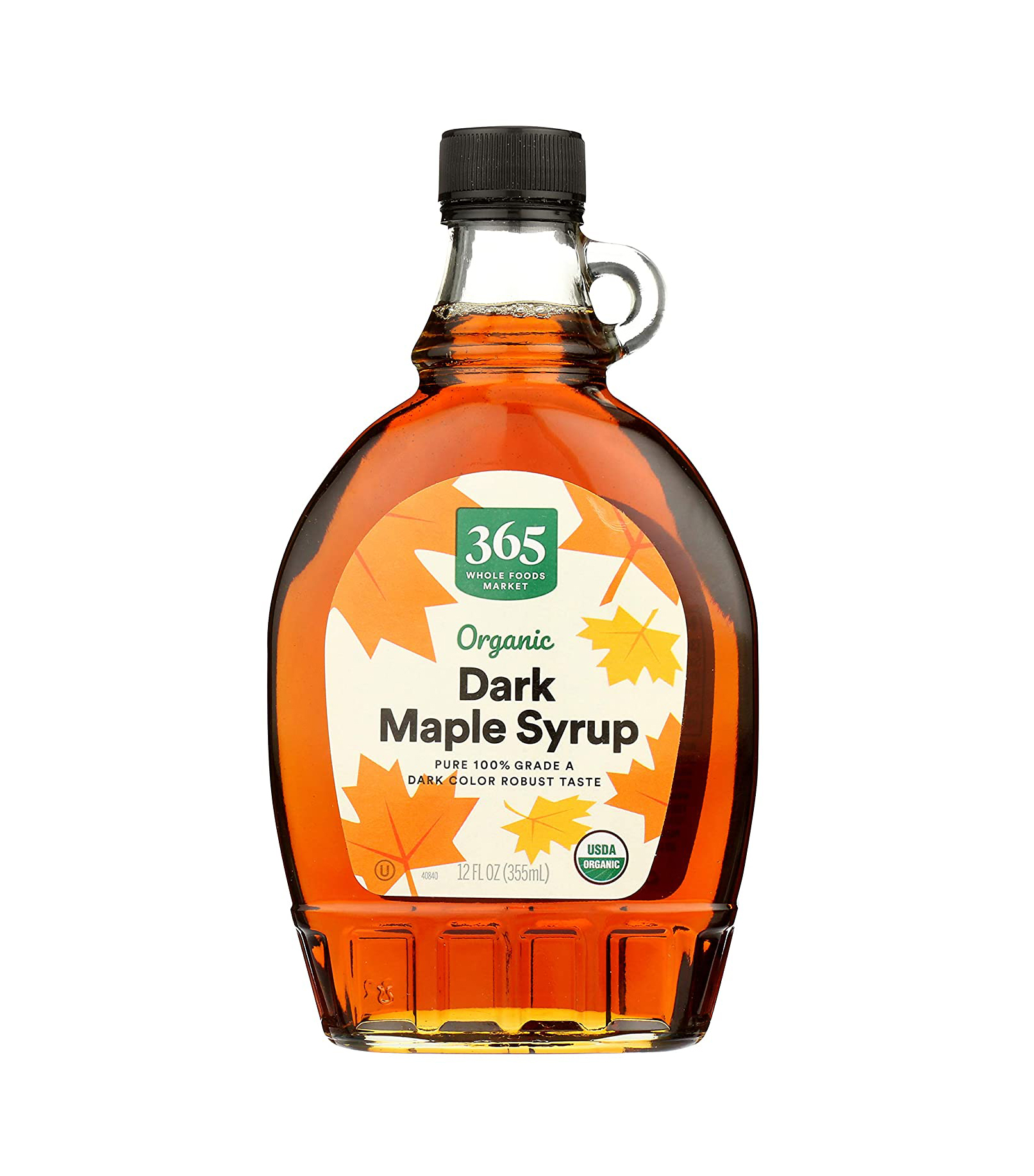
"It comes from the sap in maple trees, and has some vitamins and minerals such as zinc, iron, potassium, and magnesium," Clermont says. "It has antioxidant benefits and adds other benefits, but it can still be higher in sugar. It can be a better option than sugar when used sparingly."
4. Coconut Sugar
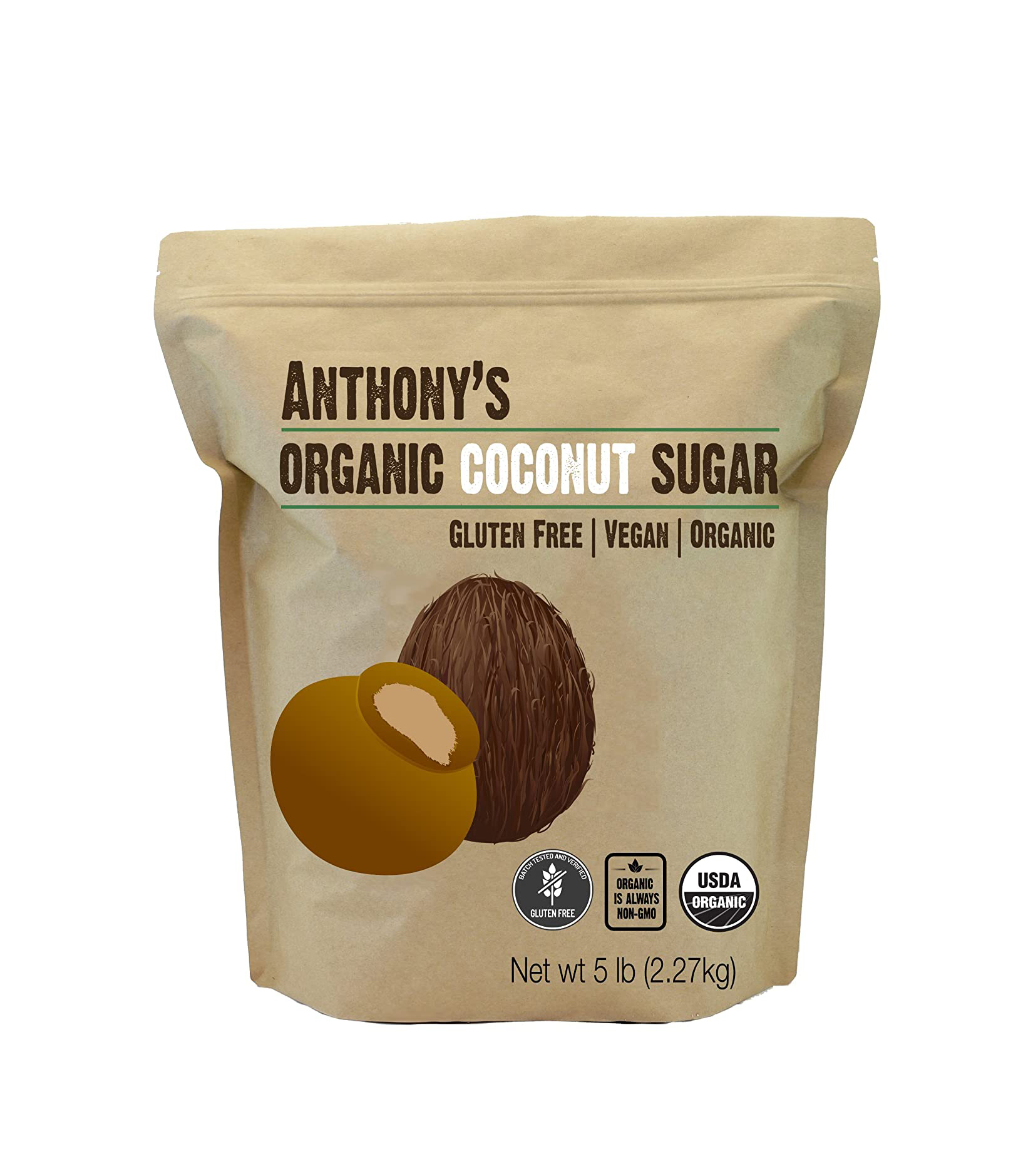
"Pleasantly sweet, coconut sugar is minimally refined and the final product still contains a trace amount of vitamins and minerals. It can be a preferred substitute for regular sugar because of its reputation, but it acts the same after being eaten," Ralutz says.
5. Date Sugar
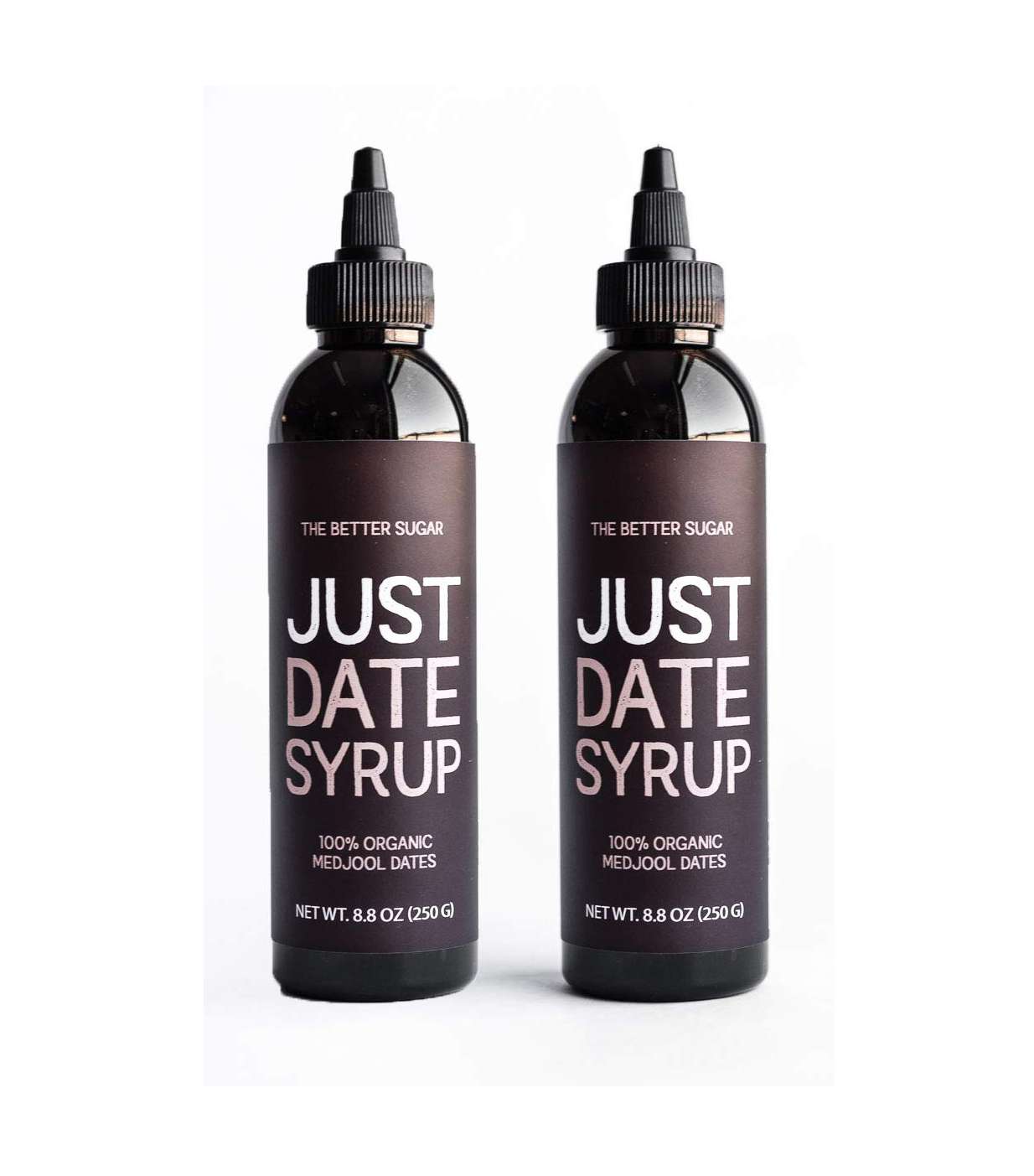
"It has one of the highest antioxidant capacities of all sugar alternatives and contains fiber which can help to slow glucose uptake into the cells resulting in better blood sugar control," Feller says. She recommends this option above from Just Date Syrup.
6. Stevia

"Stevia is a plant native to South America. It contains sweet compounds called 'steviol glycosides,'" Samuels explains. "Stevia is not fully digested or absorbed in the GI tract and therefore, has a very small caloric impact. Research suggests stevia intake will not raise blood sugar levels, however, research on stevia's effect on weight management and appetite is inconclusive."
7. Molasses
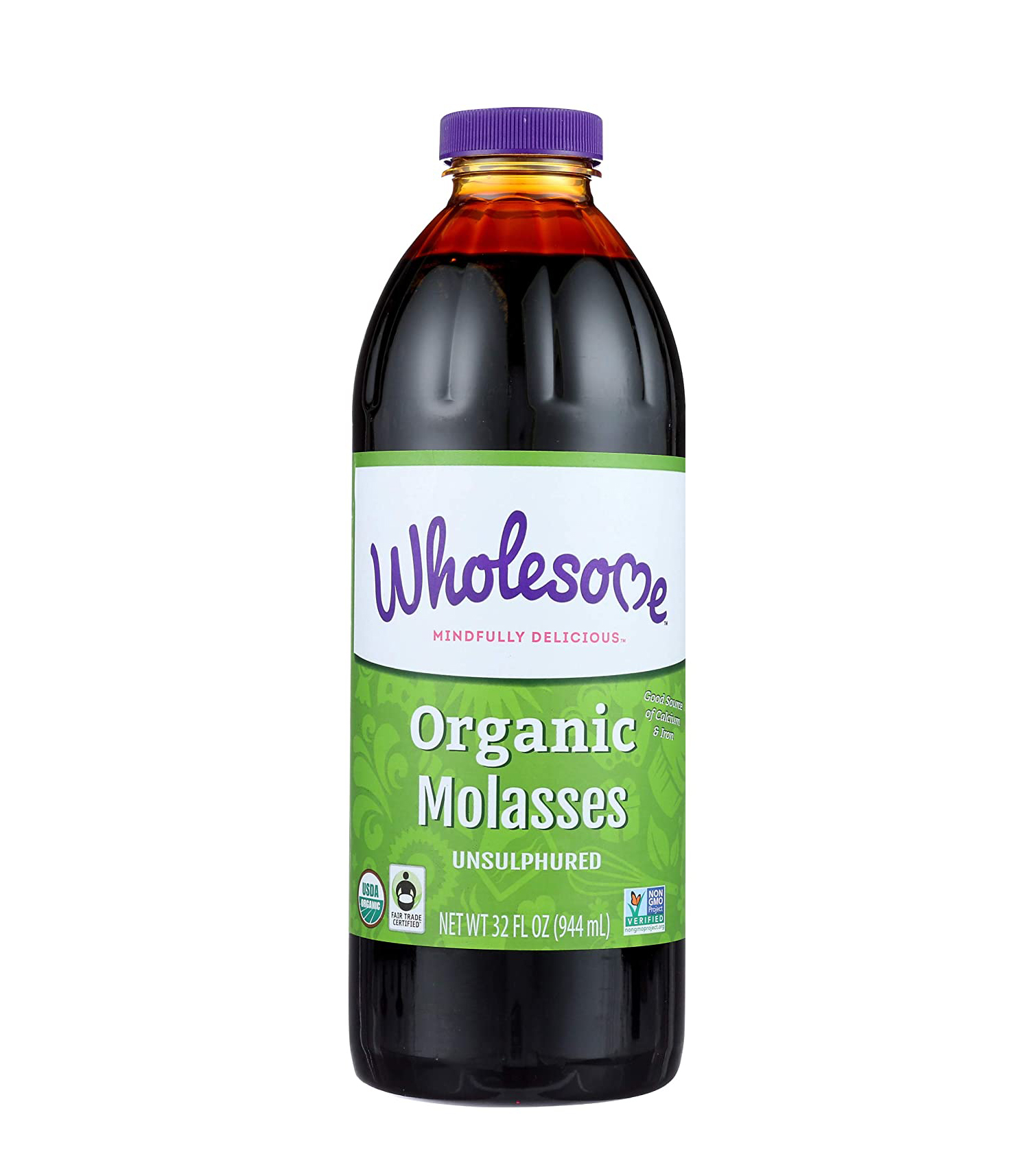
Clermont says molasses comes from sugar cane and contains vitamins, minerals, and antioxidants, like potassium, calcium, and iron—all of which can benefit bone health and heart health.
8. Sucanat
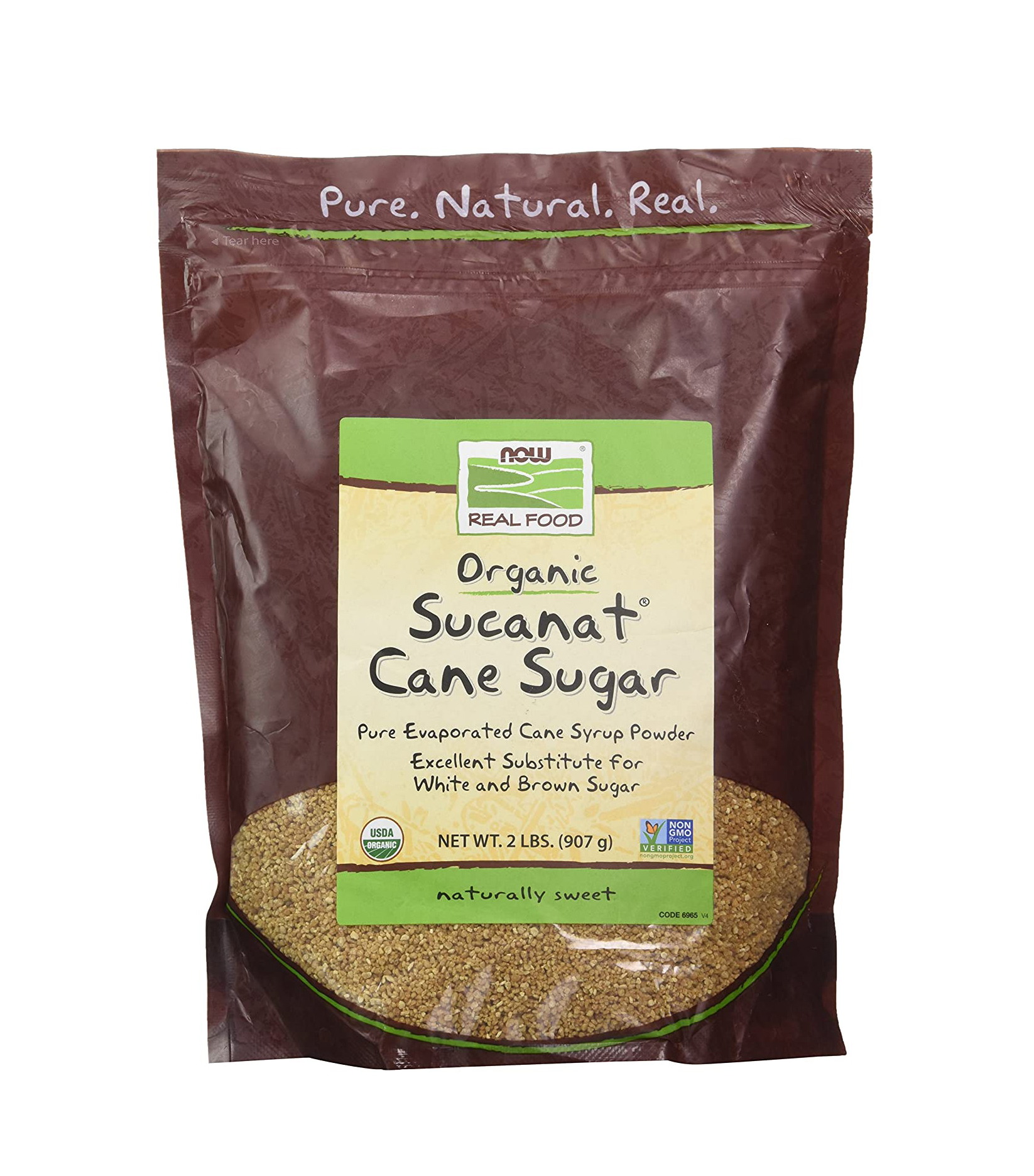
"Sucanat is a less processed form of cane sugar. It is tinted brown and has a light, pleasant taste of molasses," Ralutz says. "Since it is more flavorful, less is required to achieve sweetening, making it favorable to refined sugar. Pro tip: Grind sucanat in a spice grinder before using in baked goods to avoid lumps!"
9. Erythritol
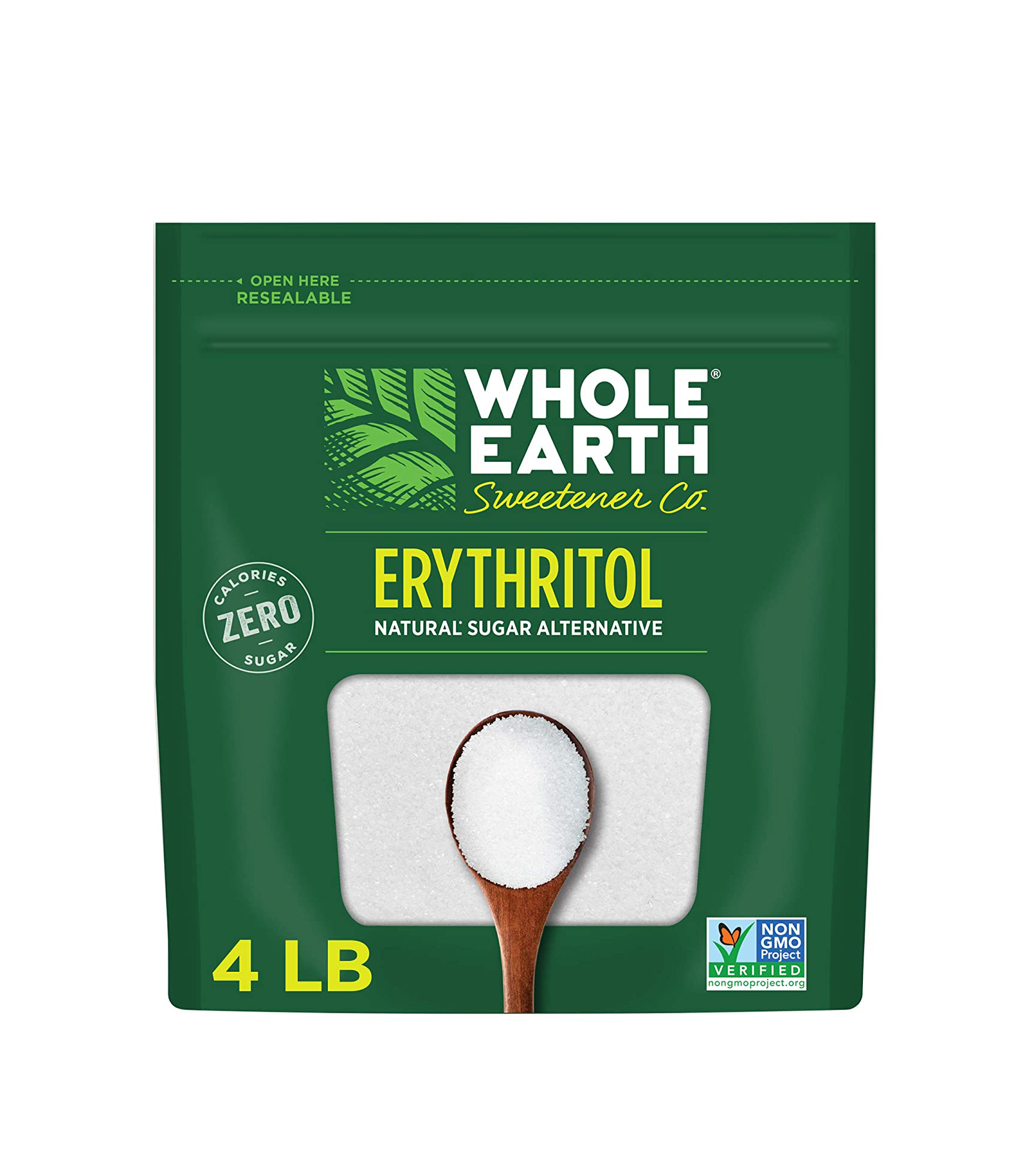
"Erythritol is a sugar alcohol and contains fewer calories than regular sugar," Clermont says. "Since the body lacks the enzyme to break down erythritol, it goes directly to the bloodstream and is then excreted through the urine unchanged. This process decreases the effects that regular sugar would typically have on the body."
10. Allulose
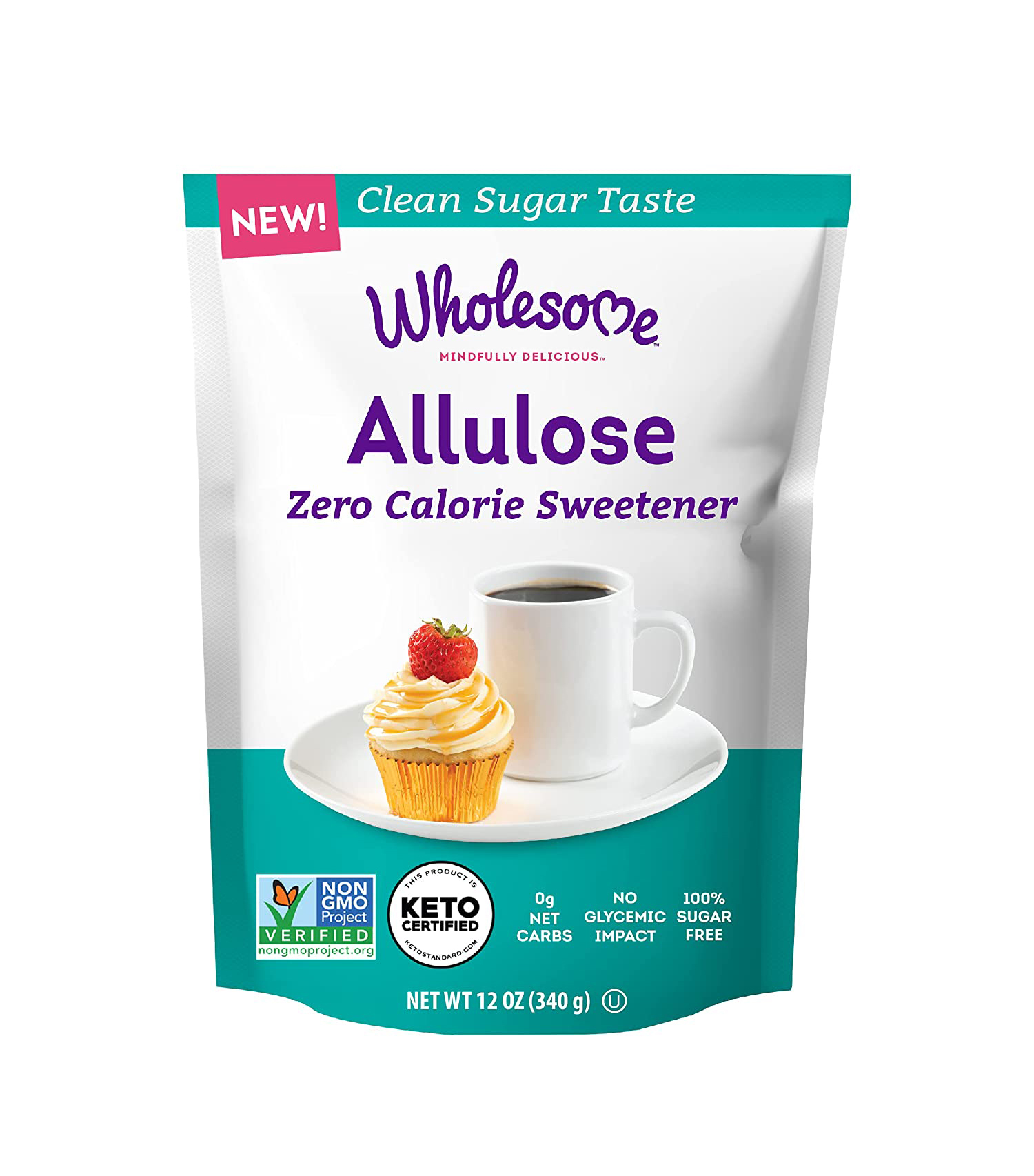
"It has the same chemical makeup as fructose but is arranged differently, resulting in about 1/10th of the calories of table sugar," Feller says. "Allulose passes through mostly undigested so it can be an option for those looking to better manage their blood sugar levels."
Disclaimer
This article is provided for informational purposes only and is not intended to be used in the place of advice of your physician or other medical professionals. You should always consult with your doctor or healthcare provider first with any health-related questions.
Sarah is lifestyle writer and editor with over 10 years of experience covering health and wellness, interior design, food, beauty, and tech. Born and raised in Los Angeles, she attended New York University and lived in New York for 12 years before returning to L.A. in 2019. In addition to her work at Who What Wear, she held editor roles at Apartment Therapy, Real Simple, House Beautiful, Elle Decor, and The Bump (sister site of The Knot). She has a passion for health and wellness, but she especially loves writing about mental health. Her self-care routine consists of five things: a good workout, “me” time on the regular, an intriguing book/podcast/playlist to unwind after a long day, naps, and decorating her home.
-
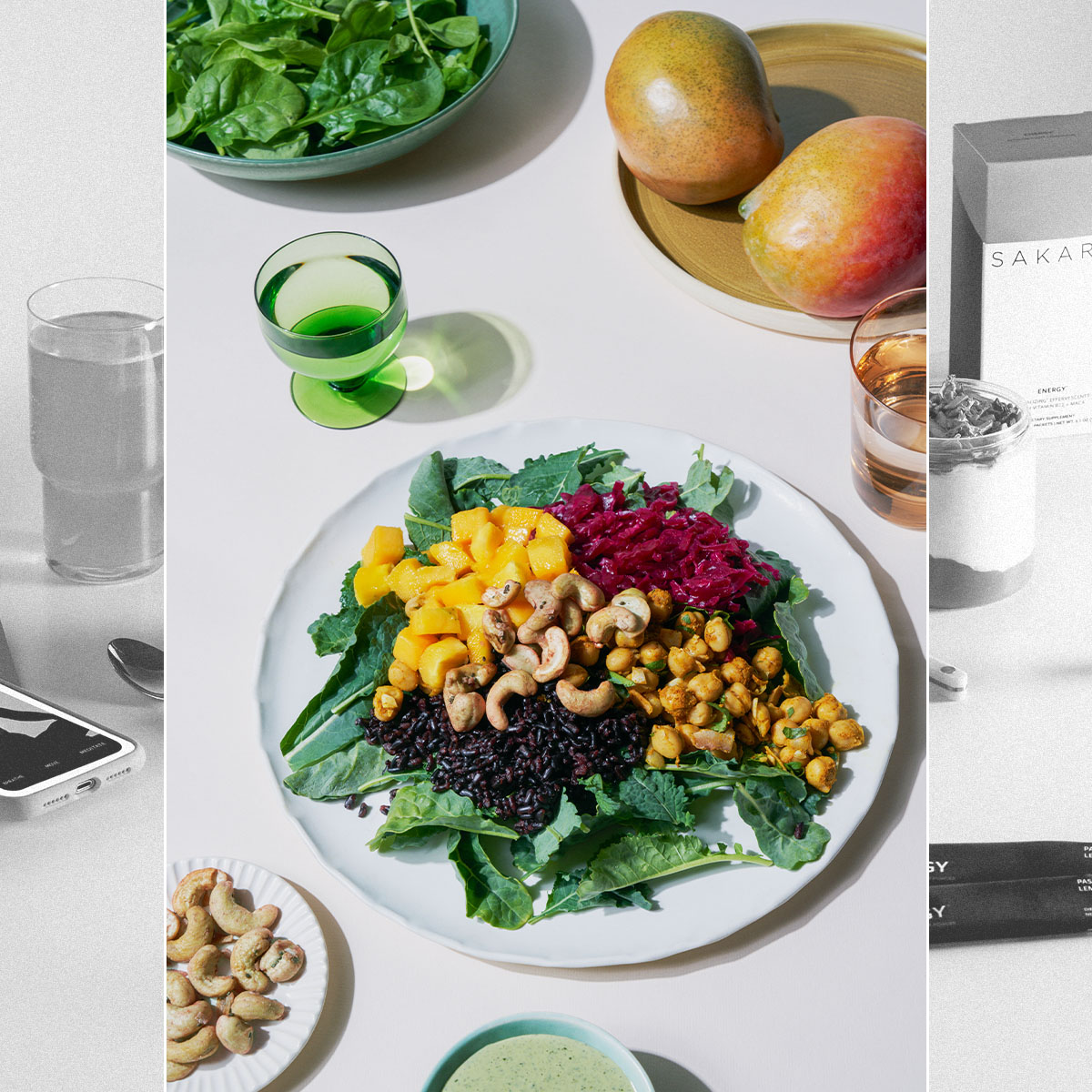 Bella Hadid and Gwyneth Paltrow Apparently Love Sakara Life, so We Tried It for 30 Days
Bella Hadid and Gwyneth Paltrow Apparently Love Sakara Life, so We Tried It for 30 DaysHere are our honest thoughts.
By Erin Jahns
-
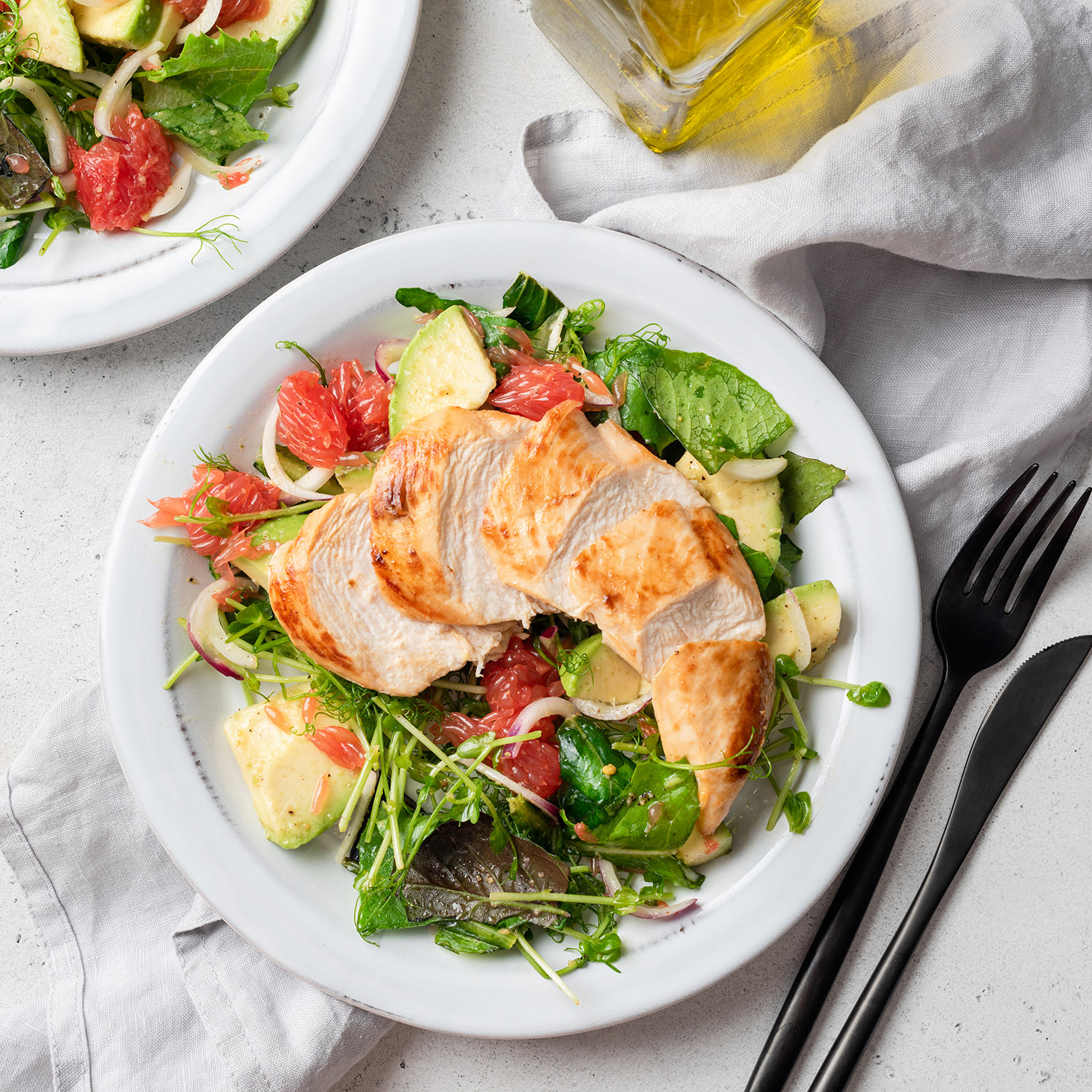 The 6 Warning Signs You're Not Getting Enough Protein
The 6 Warning Signs You're Not Getting Enough ProteinAnd what to eat to up your intake.
By Sarah Yang
-
 Everything This Professional Ballet Dancer Eats to Fuel Her for Performances
Everything This Professional Ballet Dancer Eats to Fuel Her for PerformancesHer grocery staples include high-quality French butter.
By Candice Aman
-
 These 8 Foods Are the Worst for Rosacea—Here's What to Eat Instead
These 8 Foods Are the Worst for Rosacea—Here's What to Eat InsteadControl those flare-ups.
By Sarah Yang
-
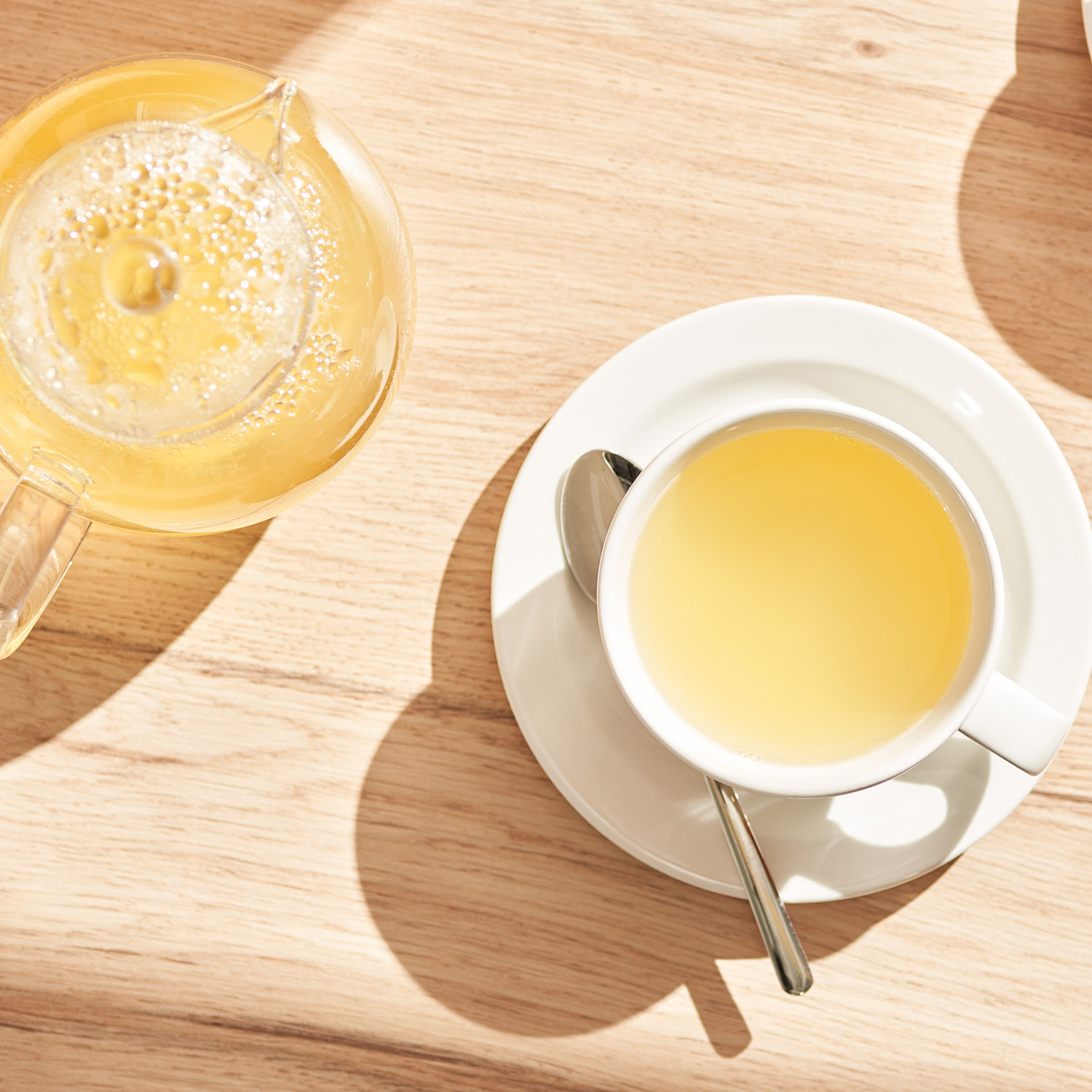 15 Things That Cause Bloating and How to Get Rid of It ASAP
15 Things That Cause Bloating and How to Get Rid of It ASAPTry these.
By Sarah Yang
-
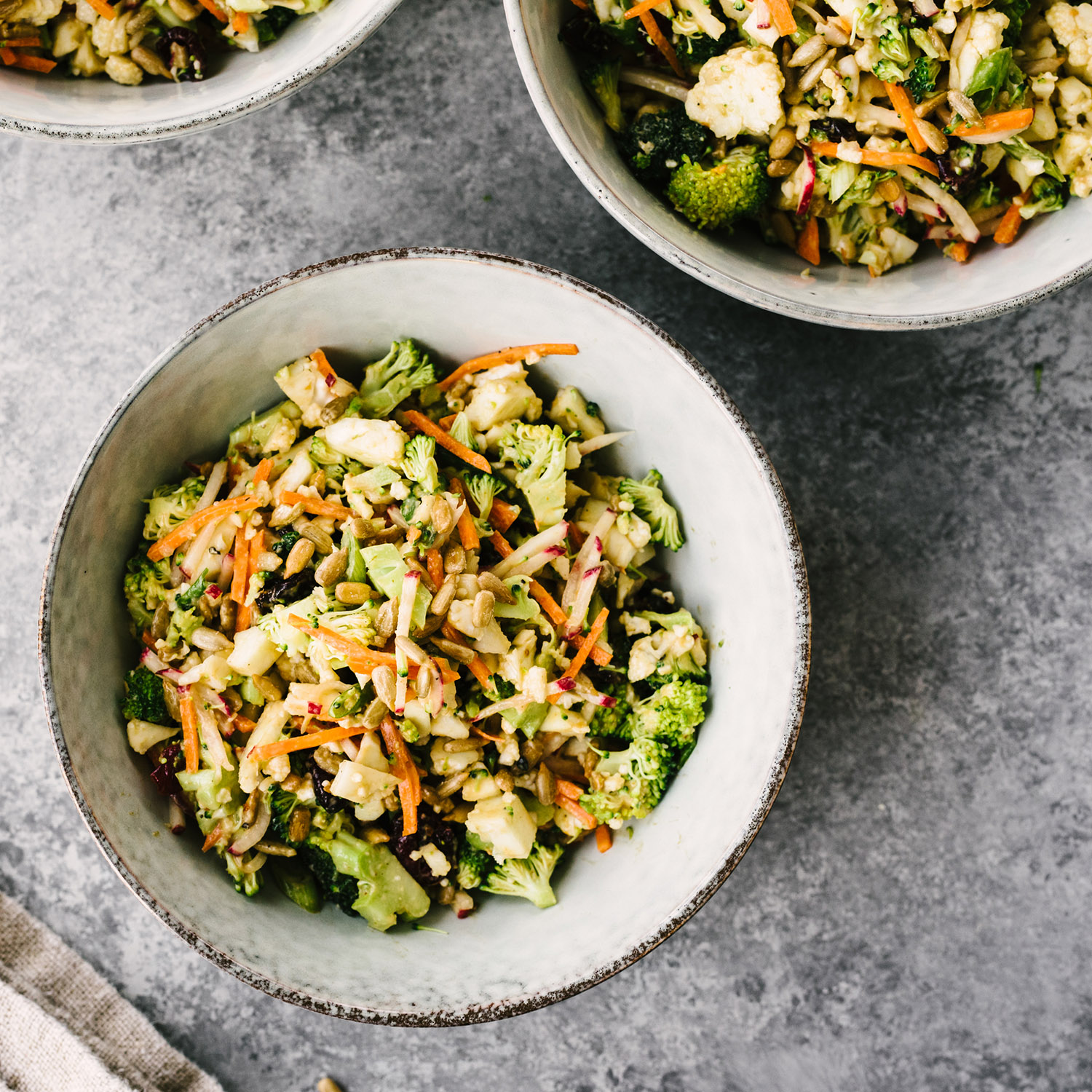 Is the Alkaline Diet Overhyped? What Experts Want You to Know
Is the Alkaline Diet Overhyped? What Experts Want You to KnowHere's how it works.
By Sarah Yang
-
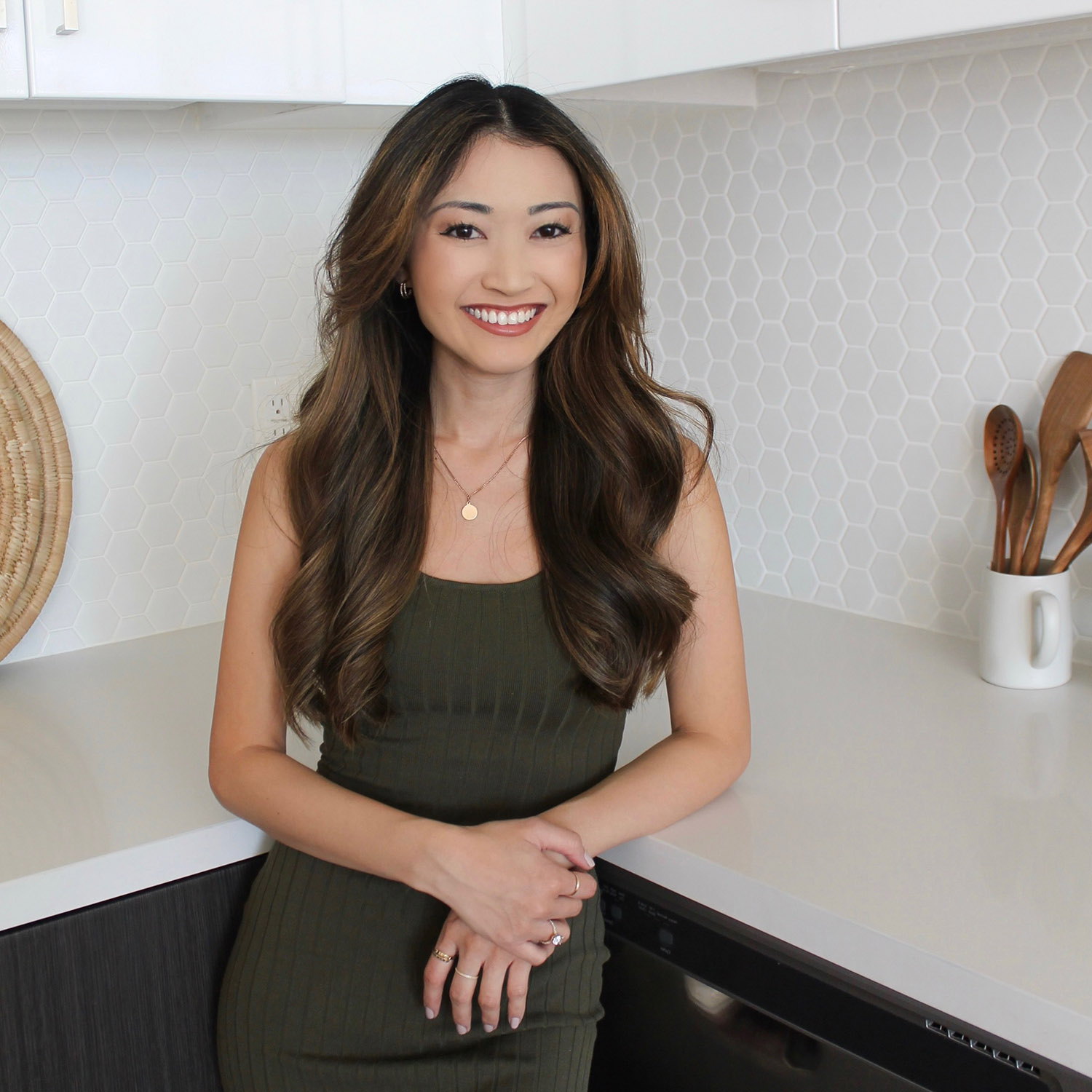 I'm an Imperfect Dietitian and My Key to Eating Healthy Meals Is Convenience
I'm an Imperfect Dietitian and My Key to Eating Healthy Meals Is ConvenienceTake a peek at my weekly grocery staples.
By Candice Aman
-
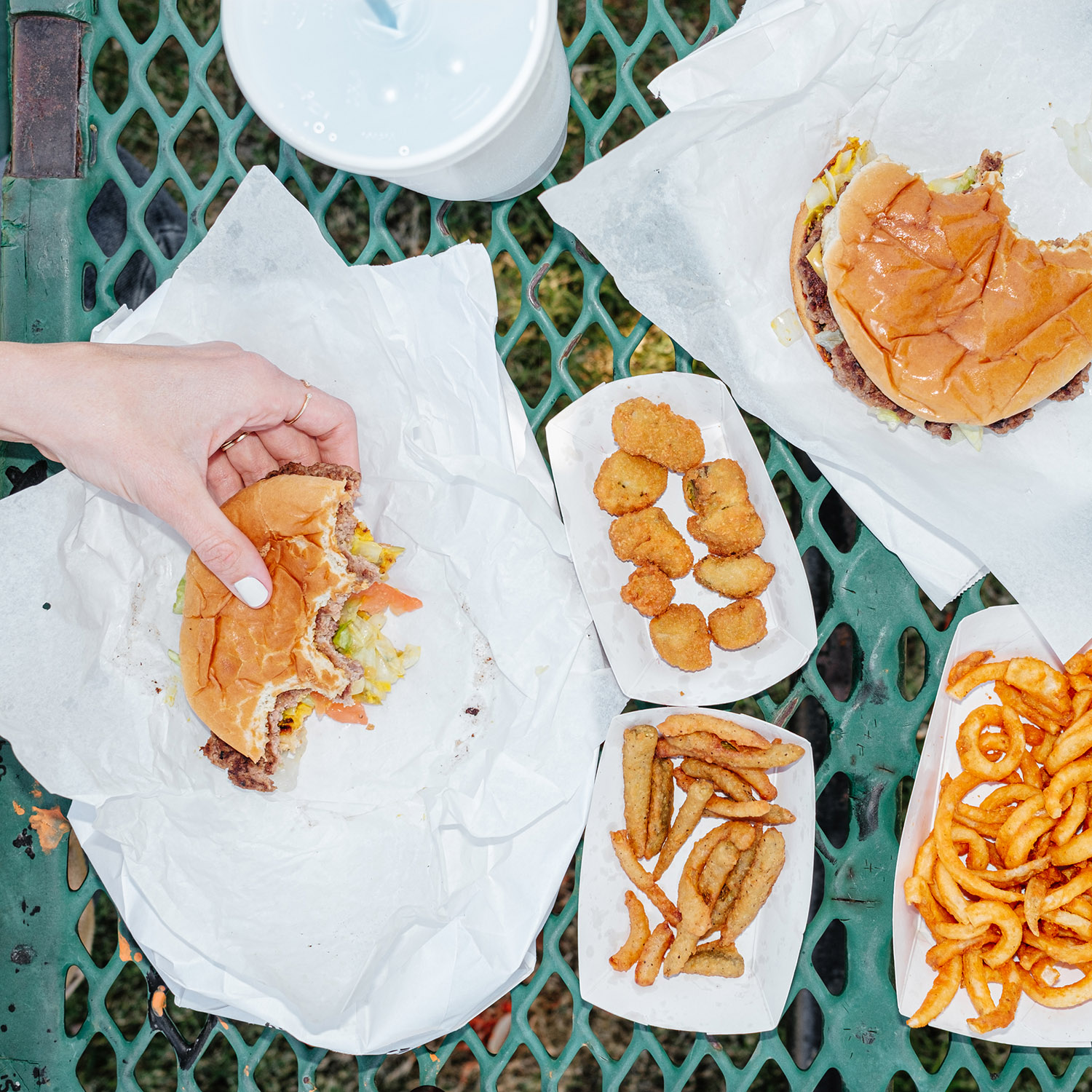 Avoid These 6 Foods—They'll Wreck Your Gut Health
Avoid These 6 Foods—They'll Wreck Your Gut HealthWhat to eat instead.
By Sarah Yang
